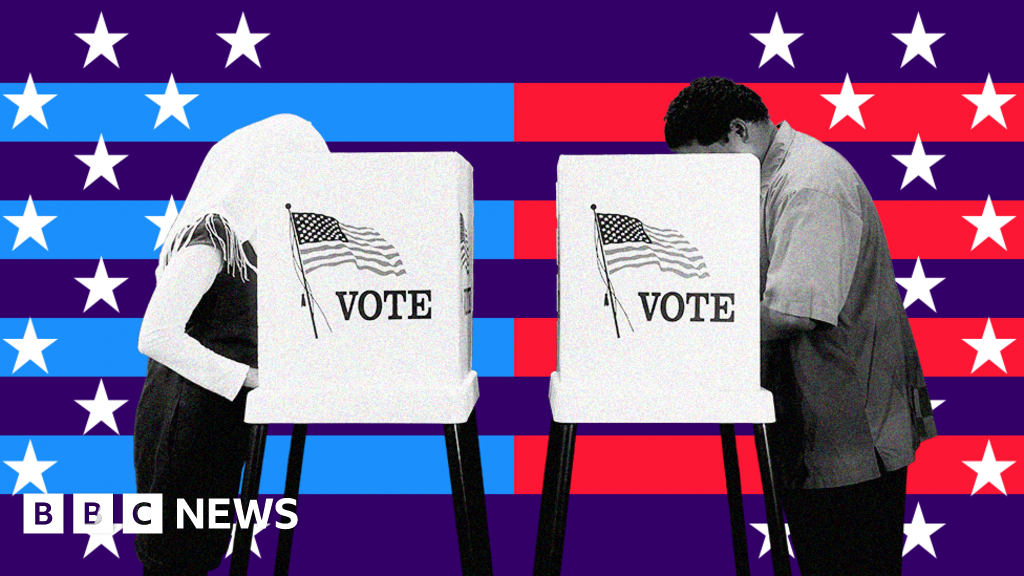What are the pros and cons of the electoral college?
Advantages:
- smaller states remain important to candidates
- candidates don’t need to travel the whole country
- recounts are easier because officials can isolate the issue in one state
Disadvantages:
- lots of voters feel their vote does not matter
- too much power resides in swing states (see below)
- the popular vote winner can lose the election (more on that later)
- risk of fake electors (more follows on that too)



It was originally set up to give smaller, rural states a stronger voice, much like the reason the Senate exists. Basically, smaller states wanted to remain equal partners in the union, and the Senate was the concession they demanded to join, which was called the Connecticut Compromise. The Electoral College is essentially a mix of the ideas behind the House (proportional by population) and the Senate (equal by state).
The original reasoning had little to do with slave owners and much more to do with small states in the union, but it did eventually lead to the 3/5 compromise, which was directly related to slave owners.
A lot of other smart people disagree with you by the results.
https://time.com/4558510/electoral-college-history-slavery/
That’s not particularly fair. George Washington happened to be from Virginia, and he served two terms. The second President, John Adams, was disliked and his party was unpopular, so he was beaten by Thomas Jefferson in his re-election bid, and Jefferson’s party stayed in power for the rest of those 36 years. Jefferson didn’t win because of slaves, he won because Maryland and New York flipped from the previous election (same two candidates), and his party continued to win landslide victories until John Quincey Adams, who barely won the Electoral College and lost the popular vote. So IMO, only John Quincey Adams can be considered a “slavery win,” but he wasn’t even from Virginia, and he actually lost Virginia.
So I really don’t see the evidence there.
That said, slavery was a significant part of the reasoning for that decision, but the 3/5 compromise is the main factor there, not the Electoral College. There were other small states at the time, and they agreed to the change as well.
That article reads like an opinion piece pushing for the popular vote. That was certainly proposal at the time, but the decision wasn’t made with slaves voting since it was part of the original constitution. So at worst it was a compromise with slave-owning southern states, but it doesn’t seem to actually have change the results of those early elections.